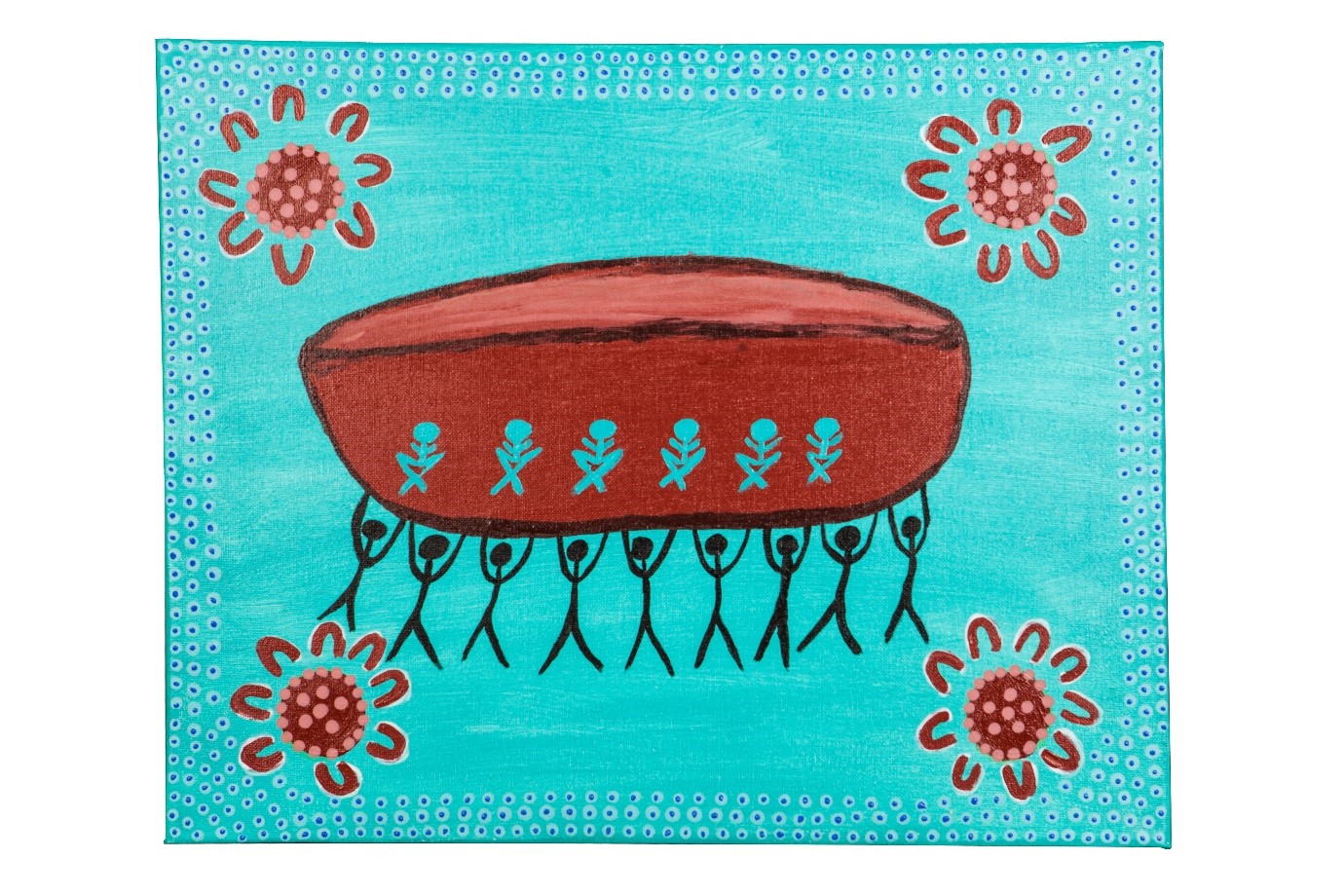Search
Research
Trends and burden of diabetes in pregnancy among Aboriginal and non-Aboriginal mothers in Western Australia, 1998-2015Diabetes in pregnancy (DIP), which includes pre-gestational and gestational diabetes, is more prevalent among Aboriginal women. DIP and its adverse neonatal outcomes are associated with diabetes and cardiovascular disease in the offspring.

Research
Ngulluk Koolunga Ngulluk Koort (Our Children, Our Heart) ProgramBrings the Aboriginal community(s) of Perth together with service providers & policy makers to improve outcomes for Aboriginal kids and their families.
Research
A community-based program to reduce acute rheumatic fever and rheumatic heart disease in northern AustraliaIn Australia’s north, Aboriginal peoples live with world-high rates of rheumatic heart disease (RHD) and its precursor, acute rheumatic fever (ARF); driven by social and environmental determinants of health. We undertook a program of work to strengthen RHD primordial and primary prevention using a model addressing six domains: housing and environmental support, community awareness and empowerment, health literacy, health and education service integration, health navigation and health provider education.
Research
Improving the well-being for young people living with rheumatic heart disease: A peer support pilot program through Danila Dilba Health ServiceAboriginal and Torres Strait Islander peoples in Australia have an inequitable burden of acute rheumatic fever (ARF) and rheumatic heart disease (RHD), concentrated among young people and necessitating ongoing medical care during adolescence. There is an unmet need for improved well-being and support for these young people to complement current biomedical management.
Research
The role of governance in Indigenous medical education researchThis article considers the role of governance in Indigenous medical education research through the lens of an Australian Aboriginal research project titled Healing Conversations. The Healing Conversations project is developing and testing a targeted educational framework for improved clinical communication between healthcare practitioners and Australian Aboriginal peoples in regional and urban locations. It is proposed that an effective governance approach can support Indigenous and non-Indigenous stakeholders to work together in decision-making structures to enable outcomes that promote and prioritise Indigenous worldviews and values in medical education research.
Research
Exploring the Reported Strengths and Limitations of Aboriginal and Torres Strait Islander Health Research: A Narrative Review of Intervention StudiesHigh quality intervention research is needed to inform evidence-based practice and policy for Aboriginal and Torres Strait Islander communities. We searched for studies published from 2008-2020 in the PubMed database. A narrative review of intervention literature was conducted, where we identified researcher reported strengths and limitations of their research practice.
Research
Early onset of otitis media is a strong predictor of subsequent disease in urban Aboriginal infants: Djaalinj Waakinj cohort studyAustralian Aboriginal and/or Torres Strait Islander children in rural/remote areas suffer high rates of persistent otitis media (OM) from early infancy. We aimed to determine the proportion of Aboriginal infants living in an urban area who have OM and investigate associated risk factors.
Research
The burden of bacterial skin infection, scabies and atopic dermatitis among urban-living Indigenous children in high-income countries: a protocol for a systematic reviewBacterial skin infections and scabies disproportionately affect children in resource-poor countries as well as underprivileged children in high-income countries. Atopic dermatitis is a common childhood dermatosis that predisposes to bacterial skin infection.
Research
Evaluation of a Community-Led Program for Primordial and Primary Prevention of Rheumatic Fever in Remote Northern AustraliaEnvironmental factors including household crowding and inadequate washing facilities underpin recurrent streptococcal infections in childhood that cause acute rheumatic fever (ARF) and subsequent rheumatic heart disease (RHD).
Research
Perspectives of health service providers in delivering best-practice care for Aboriginal mothers and their babies during the postnatal periodEvidence suggests that Aboriginal babies in Western Australia are not receiving adequate primary health care in their first 3 months of life, leading to questions about enablers and constraints to delivering such care. This paper presents findings from a qualitative research project investigating health providers' perceptions and experiences of best and current practice in discharge planning, postnatal care and health education for Aboriginal mothers and their newborn babies.
